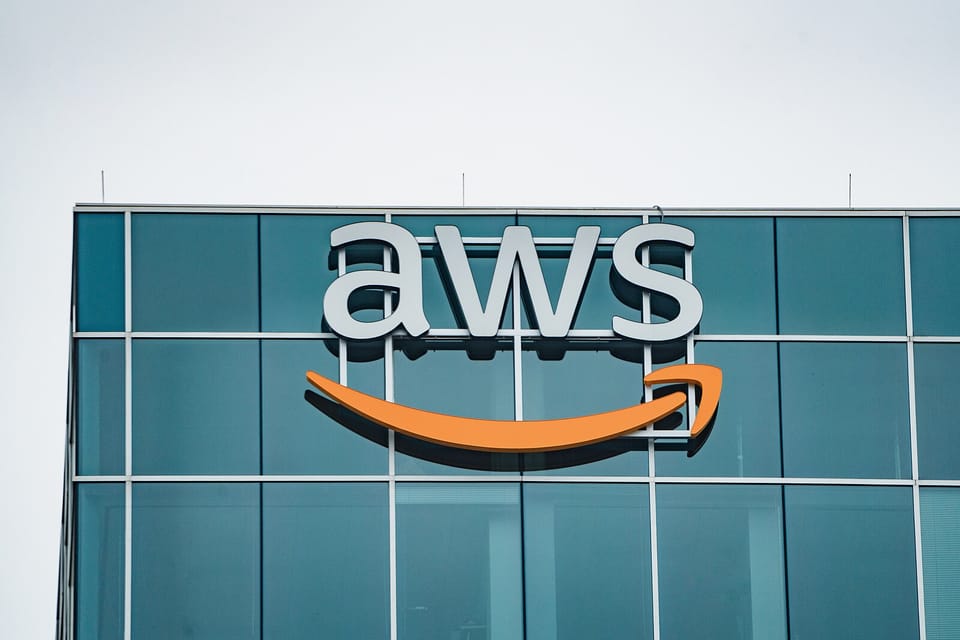Amazon's cloud outage takes much of the internet down with it

Your smart lights won't switch on, your Roomba can't connect, and your bank account won't load. You can barely figure out what's going on because your Perplexity search engine isn't letting you search anything. You can't seem to send any Signal or WhatsApp messages, or use Zoom. Slack is also down. But, oh great — at least Teams is still working. Fantastic (sarcasm).
Welcome to Monday, October 20, 2025, and much of the internet was broken.
An overnight outage at Amazon Web Services (AWS), the company's cloud infrastructure and web hosting division, caused pretty much everything that relies on it to stop working, from swathes of consumer apps to banks and government services, and more. Even Amazon's own website was struggling to load at times under the weight of its own outage.
In this case, Amazon blamed the incident on an internal DNS issue, a system that translates the web addresses you type in your browser into the machine-readable IP addresses needed for computers to load websites and apps on your devices. DNS issues can easily cascade around the world, and can take anything from a few minutes to hours (or longer) to recover.
Actually, the root problem was Amazon itself. AWS has about 30% of the global cloud market, whereas closest cloud rival Microsoft Azure has 20% and Google Cloud has about 12% of the total market. In total, that means some two-thirds of the internet is hosted by just three cloud companies. That might not seem like a problem — until things go wrong as they did today. Any disruption can cause lingering problems for downstream companies and their customers.
It's not Amazon's first outage, and it surely won't be its last. But it's a sizable wake-up call that even the world's biggest internet companies aren't immune to outages (or cyberattacks or breaches for that matter). The bigger that companies like Amazon become, the more difficult it is for smaller web hosts and internet companies to compete, and that means fewer choices for consumers overall.




